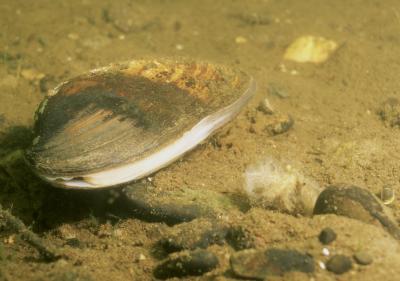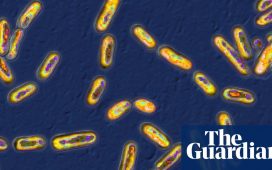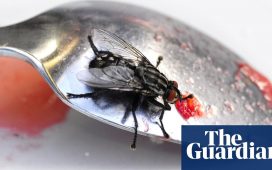Exposure to antidepressants flowing into Australia’s streams and and rivers is “dramatically” altering fish behaviour and reproduction, scientists have warned in a new study.
Pharmaceutical pollutants, including antidepressants like Prozac, getting into water bodies is a pervasive problem worldwide.
These chemicals, introduced into water bodies through wastewater discharge, are known to persist in low levels for long periods.
The study, conducted over five years and published in the Journal of Animal Ecology, found that fluoxetine, which is sold under the brand name Prozac, has a “profound” impact on aquatic ecosystems.
Researchers exposed guppies to varying concentrations of fluoxetine over multiple generations and tested their behaviour, physical condition and reproductive health after five years of pollutant exposure.
They measured key traits of the fish, such as body condition, colouration and the size of the gonopodium, a modified anal fin used as a reproductive organ by males. They also analysed critical sperm traits of the fish, including vitality, number and velocity.
“Even at low concentrations, fluoxetine altered the guppies’ body condition and increased the size of their gonopodium, while simultaneously reducing sperm velocity – an essential factor for reproductive success,” study co-author Upama Aich from Monash University in Australia said.

Scientists especially analysed male guppies due to their heightened sensitivity to environmental shifts and found that Prozac exposure significantly reduces their behavioural flexibility.
Fish exposed to the antidepressant appear to have a lower capacity to adjust their activity and risk-taking behaviours.
Exposure to the drug also seems to affect the link between activity levels and body condition as well as the association between gonopodium size and sperm vitality in the fish.
This suggests that these chemicals could be interfering with natural trade-offs that the fish make between survival and reproduction.

Researchers have warned that prolonged exposure to the chemicals may change the fish’s ability to adapt to environmental challenges and threaten their survival in the long run.
“Our results reveal that chronic exposure to global pollutants can affect phenotypic traits at both population and individual levels,” they said.
Scientists called for urgently addressing pharmaceutical pollution of water bodies and implementing stricter regulations to protect aquatic life from this grave threat. “Our study highlights the need for a comprehensive and holistic approach to assessing the ecological and evolutionary consequences of pharmaceutical pollutants in aquatic ecosystems,” they said.















